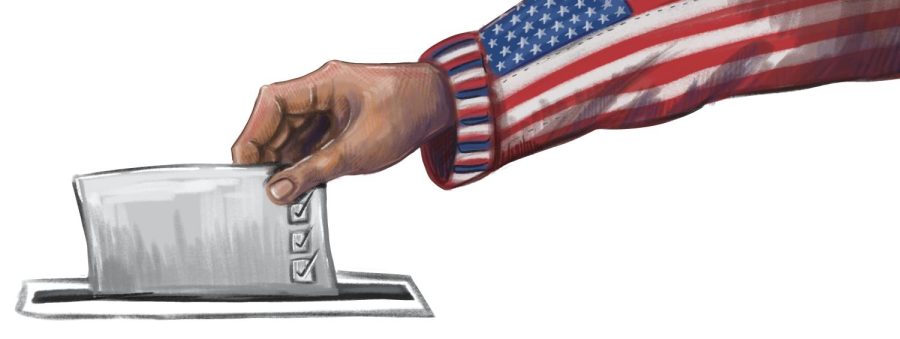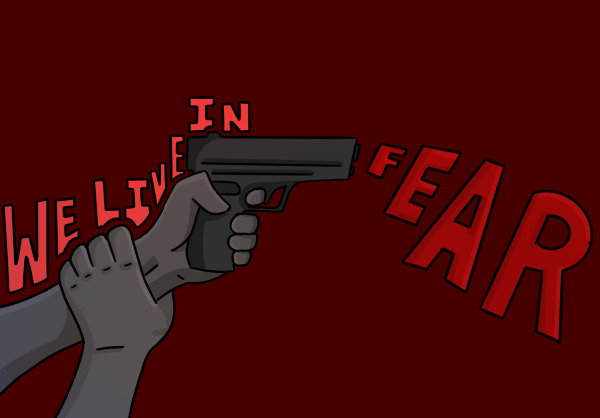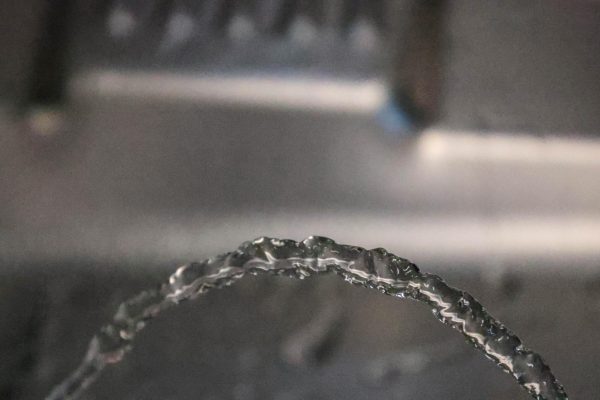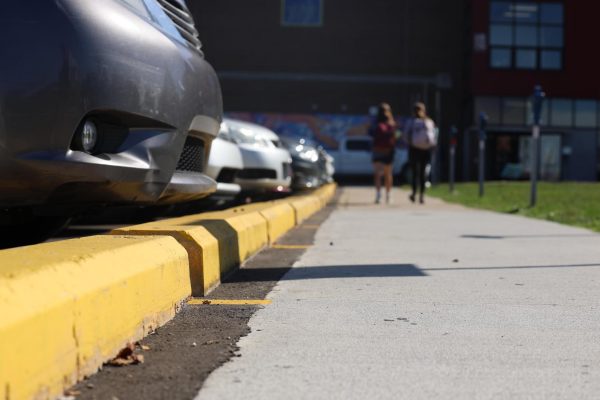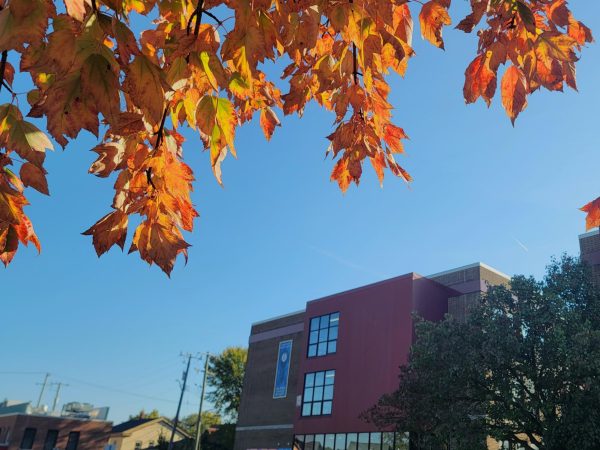Democracy Tumbling Down
If you search up “the future of U.S. democracy” on any search engine, it’s hard to find something positive. Most headlines read, “Our democracy is in crisis” or “Democracy will cease to exist.” With what I see on the news and social media, these statements aren’t hard for me to believe.
In 2016, when Donald Trump was elected president, I remember walking into my fifth grade classroom the next morning to groans and complaints from my classmates, which I joined in on. Most of their parents, including mine, were shocked that Trump had won the election. I couldn’t understand how Trump had won, because most of the people I was surrounded by and the news outlets I watched continuously spoke negatively about Trump. We accepted these results and moved on.
Fast forward four years and a violent mob is storming the capital, yelling to hang the vice president. Somehow, Trump was able to gain so much support and spread so many lies that people were actually willing to kill for him. I remember coming home on Jan. 6, 2021 to the news already turned on. I saw thousands of people surrounding the capital and couldn’t even imagine how that had happened. More and more videos of violence emerged. I couldn’t stop thinking about how these people that were crushing cops in doors and looking to harm politicians were under the impression that they were protecting the country, though what they were fighting for was completely fabricated.
Chloe Root, U.S. Government teacher, feels that there definitely could be another insurrection, and if faith isn’t restored in our voting systems, something on an even larger scale could happen.
“The scariest thing about [the insurrection] was just how much [Trump] was able to get away with,” Root said. “[The insurrection] has just basically made it clear to people how many of our social norms are just social norms, they’re not actually laws or rules that you can be punished for.”
In response to the insurrection of 2021, the federal government formed the January 6th Committee to prevent attempted coups and uncover the truth about what really happened when the Capitol was stormed. Even after months of questioning and trials, the man who incited a riot to overturn the 2020 election and our democracy, has not only gotten away with no consequences, but in fact could win office again in 2024. The January 6th committee is making it clear to the public that claims of election fraud were lies, presenting countless pieces of evidence debunking the claims with videos and recordings of top United States officials saying they did not find any voter fraud, but without punishments for those that incited the insurrection, I don’t feel that future election violence can be prevented. Root doesn’t think the committee is making a major impact because not many people are choosing to watch, however she still thinks that it is presenting important information that could change minds.
“What was really powerful about the Jan. 6 hearings was that there were people who were involved in the insurrection talking about how they operated based on misinformation spread by the former president,” Root said. “If [people who deny the results of the 2020 election]] are paying attention and are willing to actually listen, then I think they would be convinced by people who are in their same shoes.”
Even after the insurrection, in which their lives were put in danger, eight senators and 139 house members, all Republicans, voted to overturn the 2020 election results. Though the 14th Amendment states that Congress members can’t hold office if they have engaged in an insurrection, the eight senators are still in office along with 118 of the house members. How can we protect future elections if our government is still full of people who tried to overturn democracy? I also wonder how many of these senators and house members truly believed Trump had won the election, and how many just want Trump to remain president.
“I think that’s terrifying,” said Root. “If [the Republican party] was being responsible, they would kick them out of the party, sanction them or give some formal statement at least [saying] that that’s not okay, but because we have the system that we have, [the senators who voted to overturn the election results] are reelected.”
Another factor that heavily influenced the insurrection and could determine how the next election is accepted is social media. It helped spread lies about the election to thousands of people, amplified conspiracy theories, and allowed groups to plan their attack on the capital. I feel social media platforms should have taken earlier notice to the threats of violence and incitements of violence, by silencing accounts before more and more people fell into the lies. Root feels that people spewing untrue inflammatory things on social media was the linchpin in the spreading of misinformation, and they should have been removed.
“I was really disappointed that most social media companies didn’t intervene,” Root said. “And when they did intervene, it was too late.”
The main social media app I use is TikTok. Occasionally, conspiracy theory videos end up on my For You Page. A For You Page is an endless void of videos TikTok recommends to you from your past activity and can take you down a rabbit hole quickly. The people making conspiracy theory videos can be extremely convincing, as they exaggerate any miniscule evidence they can find. Sometimes I have to catch myself from falling for them and it doesn’t help when you open the comment section to find hundreds of comments from users, adding on and agreeing with the video. This scares me, because if someone comes up with an untrue theory, at the press of a button, they can find a group of people that agree with them. The more people that agree, the more believable it seems. This is how I imagine so many people came to believe that the election was “stolen.”
Having Trump removed from many social media platforms is a start to combating another insurrection, but I feel that social media will continue to be a forest fire for untrue statements that could cause future election violence if social media platforms don’t take more responsibility for their users.
Overall, I feel concerned for future elections. With essentially no punishments for government officials who aided an insurrection, and social media still providing an easy way for misinformation to be spread, how will we protect against election violence or elections being overturned?
Restoring faith in the election system is a critical first step to preventing election violence. This seems like a daunting task, because so many were led to believe countless false incidents of voter fraud, but I believe that if we are able to prevent lies from being spread during the 2024 presidential election, people could return back to the time when elections were trusted.




